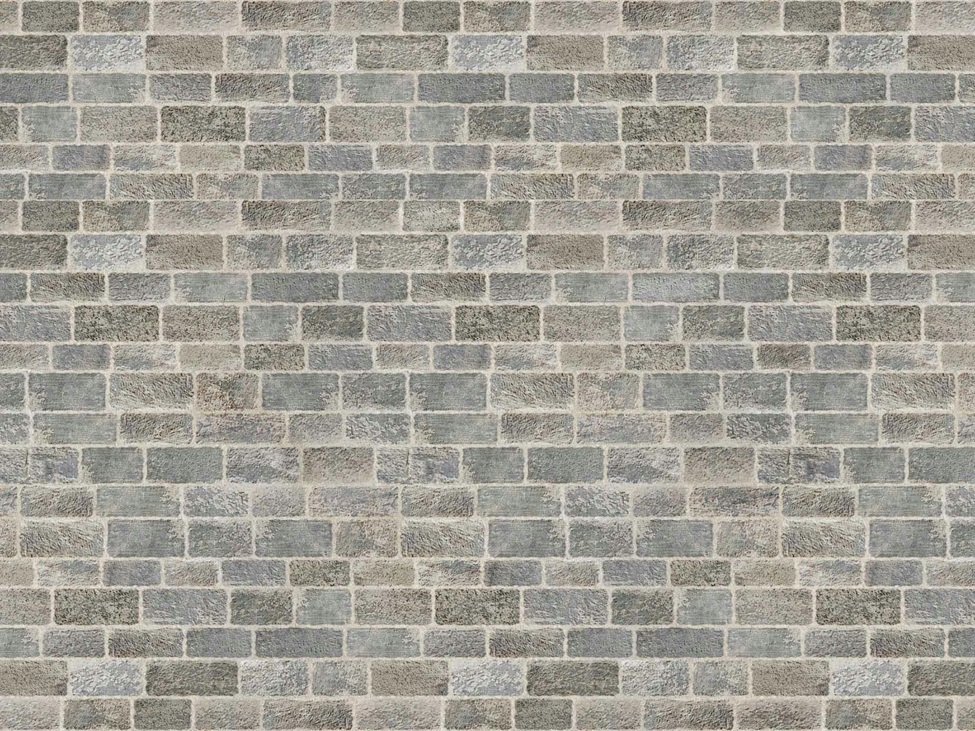Retaining walls are an essential element in landscape design and construction. They offer numerous advantages beyond their functional role. Here, we explore the top five benefits of retaining walls, highlighting why they are a valuable addition to any property.
Prevent Soil Erosion
The first advantage of a retaining wall is the prevention of soil erosion. Per the different structures included in soil erosion control, they assist in retaining the earth hence its stability in your landscape. When done extensively it may lead to loss of soil, therefore bringing lots of losses to your property since repairs may be very expensive. A proper and well-constructed retaining wall gives strength and durability to prevent different complications on the landscape thus maintaining its beauty.
Enhance Property Aesthetics
Apart from the utilitarian angle, constructed from different materials and designs, retaining walls can majorly contribute to the beautification of your compound. These structures will also come into an aesthetical appearance that will enhance the outlook of the entire landscape. There is a wide range of materials and shapes used to construct retaining walls, and thus specific to your style.
Increase Usable Space
In addition, where you want more usable space for your yard retaining walls can help out with that as well. Such structures are useful since they can produce flat land on uneven terrain ideal for a range of activities. For instance, when you desire to create a garden, patio, or play area in your compound, a retaining wall will be of essence.
Due to its construction nature of extending the ground to certain levels, retaining walls provide additional utility to your outside space. This greater utility is especially valuable for people with their own homes, eager to maximize the potential of their space. It provides an opportunity for flexible and comfortable outdoor usage of space.
Improve Drainage Systems
Inter approves the fact that another advantage of having a retaining wall is that it enhances the drainage systems. Good drainage plays an important role in landscape and water management to enhance the quality of the surrounding environment and avoid problems associated with water accumulation. This element will prevent the walls from pooling water or causing it to accumulate within your premises.
Water control is another importance of retaining walls since it controls the water flow preventing it from accumulating in undesired areas. This also ensures that your home and landscape work against any future water damage in the area. Enhanced drainage is also beneficial in increasing the lifespan of your retaining wall by extending its efficiency over several years.
Support Site Development
The importance of retaining walls is that they support the site works in a very important way. They play the role of forming the foundation on which construction projects are established especially on slopes or areas with uneven ground. By putting down strong structures which in other circumstances could not be built, retaining walls help in putting up structures.
For instance in large-scale site development, retaining walls are used to provide flat surfaces for the construction of buildings, roads, and others. For this reason, they receive a lot of demand in both the residential as well as in the commercial constructions. A good type of retaining wall therefore guarantees the structures’ safety and integrity of the project.





